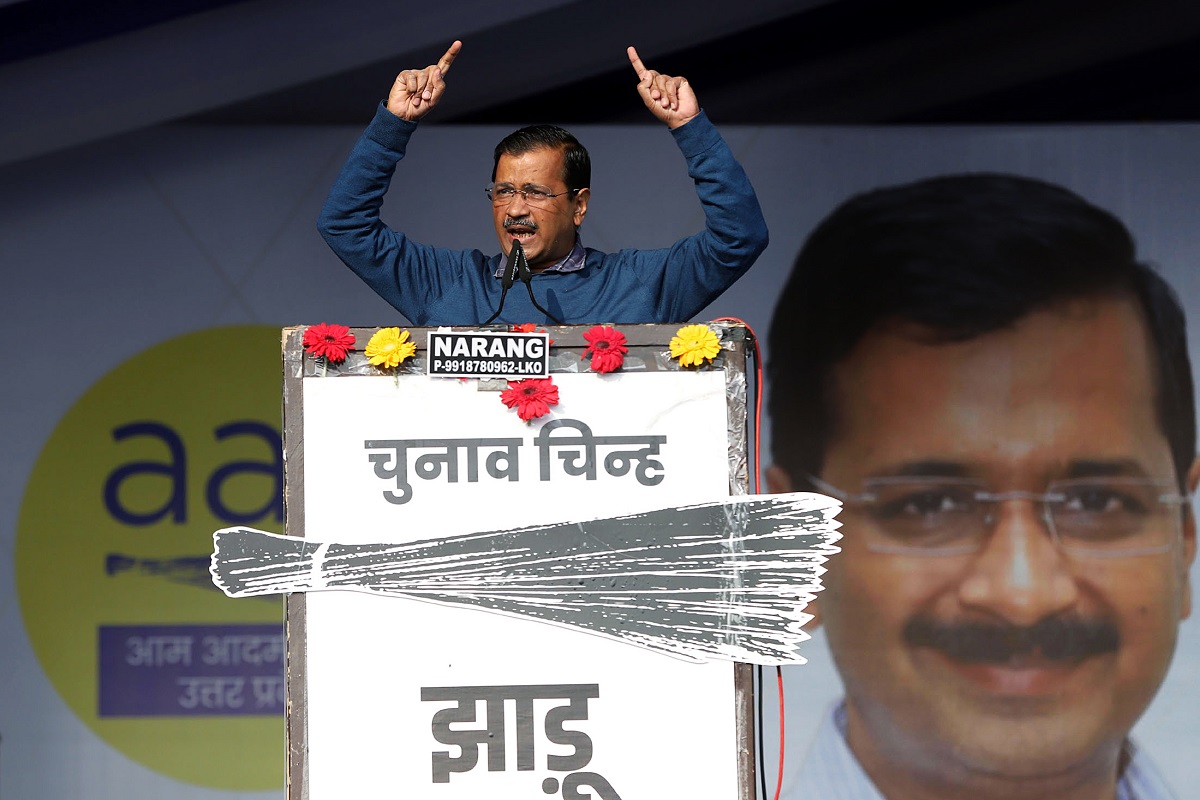Excise case: Supreme Court to hear Delhi CM Kejriwal’s bail plea today
The Supreme Court will on Wednesday hear a plea filed by Delhi Chief Minister Arvind Kejriwal seeking release from jail in connection with the Delhi excise policy case
According to Kejriwal, for 25 to 30 years total water production and availability in Delhi has been stable at roughly 930 mgd (million gallons per day).

File Photo: ANI
Delhi Chief Minister Arvind Kejriwal is personally monitoring the construction of two lakes near Rohini Sewage Treatment plant (STP) to ensure that every home in Delhi has access to water 24 hours a day, seven days a week. The chief Minister did an on-the-ground examination of the two lakes today which is expected to increase Delhi’s water production capacity. He was joined by Delhi Jal Board Vice Chairman Saurabh Bhardwaj and other top officials of the project,
“Aside from cleaning the Yamuna, we’re continuously boosting our production capacity by recharging groundwater to offer water to every Delhiite 24 hour a day, seven days a week,” said the CM. “Along with the Rohini STP, we are building many lakes with the goal of treating and repurposing water while also increasing groundwater levels. We’re developing a novel combination of natural and scientific approaches to prevent sewage from entering the environment”, he added.
Advertisement
According to Kejriwal, for 25 to 30 years total water production and availability in Delhi has been stable at roughly 930 mgd (million gallons per day). The CM emphasised that given the increase in population over time this statistic urgently needs to be improved.
Advertisement
The present availability is the same as it was in the 1990s, when Delhi’s population was less than a million. The National Capital today has a population of over 2.5 crore people. Currently Delhi does not have any of its own water sources and relies on neighbouring states for all its water needs.
The Supreme Court gave directions on the water supply allotment for Delhi in the 1990s but it has remained unchanged since. “Despite the fact that population of the capital has increased by 2.5 times since then, this allotment has remained unchanged. As a result, we are pursuing two separate initiatives to increase water- First is the use of STPs, which treat and clean wastewater throughout Delhi and makes it potable. Second is the mechanism to source groundwater for Delhi residents”, said the CM.
It brings immense joy to say that these efforts have resulted in the increase of water production from 930 mgd to 990 mgd in the last year or so. We have raised this number by 60 mgd through internal sources only, and hence water production which was stagnant for the past few decades has finally seen a boost. We are hopeful that this number will only increase further. As we have seen the successful results of our efforts once, we expect this process will be accelerated in further.” Said Kejriwal.
Advertisement